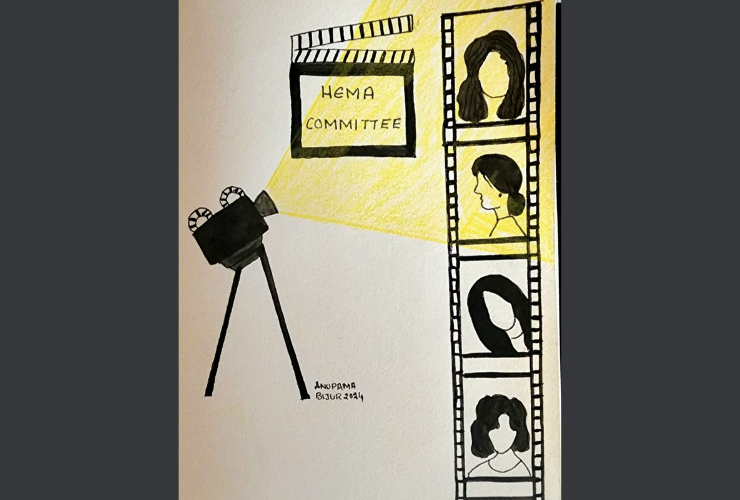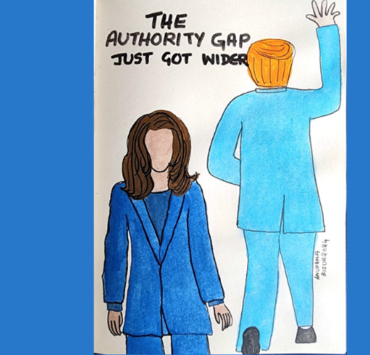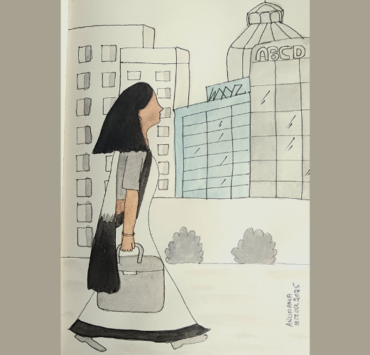

As we look back on the year gone by, perhaps one of the most significant events was the release of the Hema Committee report in August. December becomes particularly significant since the Report was submitted to the Kerala government during this month in 2019, after the Committee was formed in 2017 to look into systemic sexual harassment and gender discrimination in the Kerala film industry and suggest solutions to them.
Taking its name from Justice K Hema, who chaired it, the committee was constituted in response to a petition by the Women in Cinema Collective (WCC), after the abduction and sexual assault of a woman actor in a moving vehicle. The relentless efforts of the WCC in creating a safe space for victims of gender discrimination and harassment to speak up resulted in many women sharing stories that exposed the male coteries and toxic work culture in the Kerala film industry.
The release of the report in August 2024, five years after it was submitted, came after 16 journalists filed RTI applications and the State Information Commission (SIC) ordered the government to make the report public.
While most of the discussions and reportage on the report have focused on sexual harassment and the casting couch, other lacks pointed out by the Committee include wage discrimination, lack of contracts, lack of separate accommodation, toilets and changing rooms on sets, and more.
The Committee has made wide-ranging recommendations to address the many issues plaguing the Kerala film industry. Justice Hema has suggested enacting a new law – The Kerala Cine Employers & Employees (Regulation) Act – and listed legal provisions to tackle the various issues identified by the Committee.
Other states would do well to address gender discrimination in their respective film industries and enact gender-just policies.
Meanwhile, the Hema Committee Report continues to make ripples with the State Information Commission (SIC) deferring the release of redacted portions of the report following a last-minute complaint from an individual. Media reports say that while the SIC had asked the government to blue-pencil 29 paragraphs which contained sensitive information relating to the identities of victims and alleged perpetrators, Right to Information (RTI) activists allege that the government expurgated 130 paragraphs from the report.
The NWMI has expressed solidarity with the women in the Kerala film industry and commended the WCC for its efforts on behalf of them through periodic statements supporting their demands as well as a webinar on the subject. We continue to advocate for gender equality and justice in all workplaces, including the media and entertainment industry.
InkSights is a monthly art series by NWMI member Anupama Bijur viewing current affairs through a gender and news lens.




